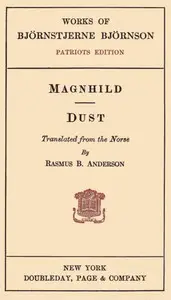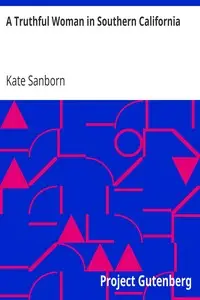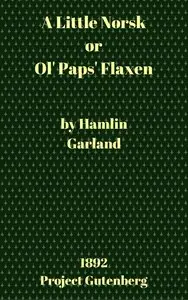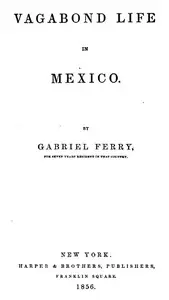"Captain Mansana & Mother's Hands" by Bjørnstjerne Bjørnson is a fictional work written in the late 19th century. The book consists of two stories, with Captain Mansana being a tale of patriotism and personal struggle during Italy's fight for unity and freedom, featuring the titular character, Giuseppe Mansana, who emerges as a complicated figure driven by love and legacy. The narrative explores themes of familial connections, sacrifice, and the dichotomy between personal ambition and collective ideals. The opening of "Captain Mansana" introduces us to a narrator reminiscing about his past in Rome and the events surrounding the funeral of the patriot Giuseppe Mansana, whose remains have been exhumed after years of neglect. The narrator reflects on his connections to Mansana's family and the political turmoil of Italy, setting the stage for the exploration of character dynamics and historical context. As the funeral procession unfolds, the reader is introduced to Mansana's widow and her sons, who embody the struggles of the family against societal expectations and personal demons. The tension between past sacrifices and the present moment is palpable, hinting at the complex emotional landscape that will be further explored in the narrative. (This is an automatically generated summary.)
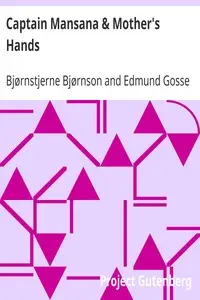
Captain Mansana & Mother's Hands
By Bjørnstjerne Bjørnson
"Captain Mansana & Mother's Hands" by Bjørnstjerne Bjørnson is a fictional work written in the late 19th century. The book consists of two stories, wi...
Bjørnstjerne Martinius Bjørnson was a Norwegian writer who received the 1903 Nobel Prize in Literature "as a tribute to his noble, magnificent and versatile poetry, which has always been distinguished by both the freshness of its inspiration and the rare purity of its spirit". The first Norwegian Nobel laureate, he was a prolific polemicist and extremely influential in Norwegian public life and Scandinavian cultural debate. Bjørnson is considered to be one of the four great Norwegian writers, alongside Ibsen, Lie, and Kielland. He is also celebrated for his lyrics to the Norwegian national anthem, "Ja, vi elsker dette landet". The composer Fredrikke Waaler based a composition for voice and piano on a text by Bjørnson, as did Anna Teichmüller.




